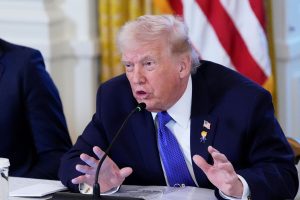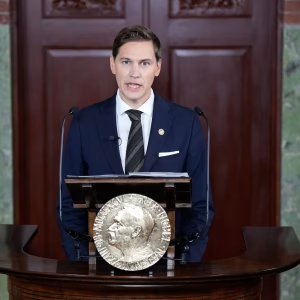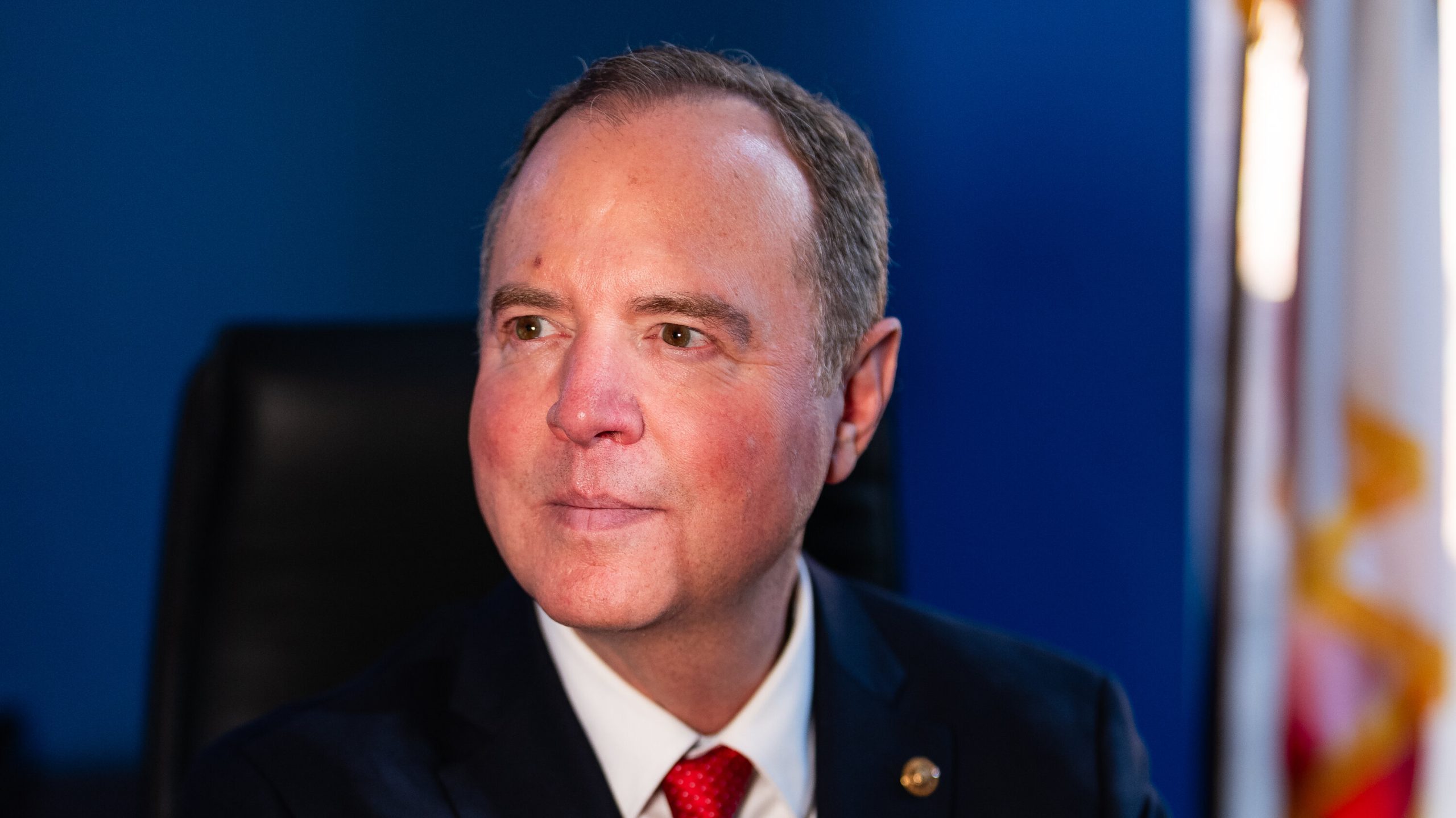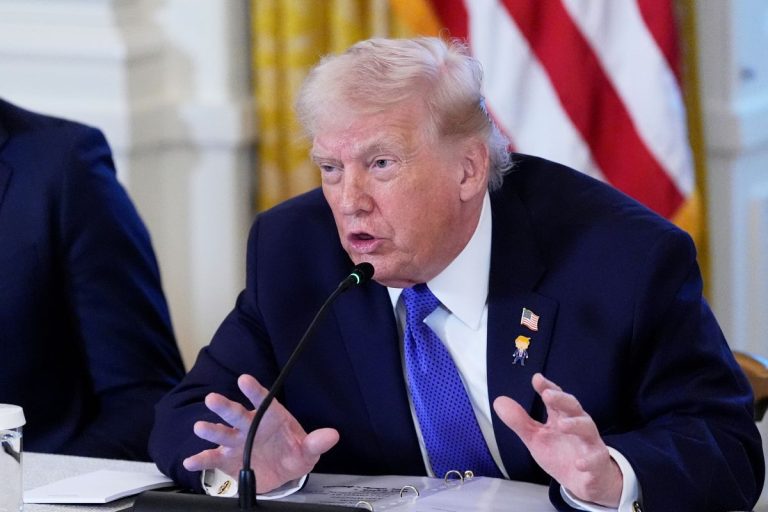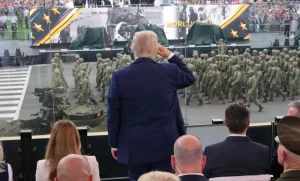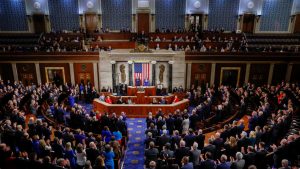In a candid appearance on ABC’s This Week, Representative Adam Schiff acknowledged that Democrats had made a strategic mistake in their handling of a recent incident involving former President Donald Trump. Schiff’s remarks came amid a growing national debate over economic priorities, voter messaging, and the rising appeal of Trump’s trade policies.
The controversy stems from a disruption during Trump’s latest high-profile speech, reportedly caused by a Democratic lawmaker. The moment quickly dominated headlines, prompting reactions from within the party. Senator John Fetterman criticized the behavior as damaging and unproductive, while Schiff used the opportunity to pivot the conversation toward what he called the real issue: the economy.
“The lack of a coordinated response was a mistake,” Schiff said, explaining that Democrats allowed themselves to be sidetracked instead of focusing on the themes that resonate most with American families—housing costs, healthcare access, and childcare affordability.
Schiff stressed that the party must urgently recalibrate its strategy. He argued that inconsistent economic messaging in past election cycles had contributed to slipping support in key demographics. “Voters are looking for solutions to everyday problems,” he said. “We have to meet them where they are.”
As Schiff and other Democrats try to regroup, Trump is gaining traction by zeroing in on economic issues. A new DailyMail.com and J.L. Partners poll shows the former president’s approval rating climbing to 53%, with strong support coming from young voters, independents, and even a segment of Democrats. One key factor behind this boost appears to be Trump’s proposal for a 10% universal tariff on all imported goods.
The poll found 36% of respondents in favor of the tariff, with 28% opposed. Support grew when respondents were asked about targeted tariffs on specific sectors like metals, plastics, and aircraft manufacturing. Trump has framed the policy as a way to protect American jobs and industry, appealing to working-class voters in particular.
Although some economists warn that the plan could raise consumer prices and strain global trade relationships, Trump’s populist approach appears to be resonating. Reports suggest that some international trade partners are already exploring tariff reductions in anticipation of a shift in U.S. policy.
Small business sentiment is also cautiously optimistic. A recent Freedom Economy Index survey found that more than two-thirds of small business owners expect moderate to strong growth in the coming year. FIG Strategy & Consulting founder TaChelle Lawson praised Trump’s clarity, stating, “He came in with a very clear plan, and business owners respect that.”
As the 2024 election landscape takes shape, both parties face growing pressure to articulate a clear, convincing economic vision—or risk falling behind in a race that voters are increasingly framing around financial realities.



